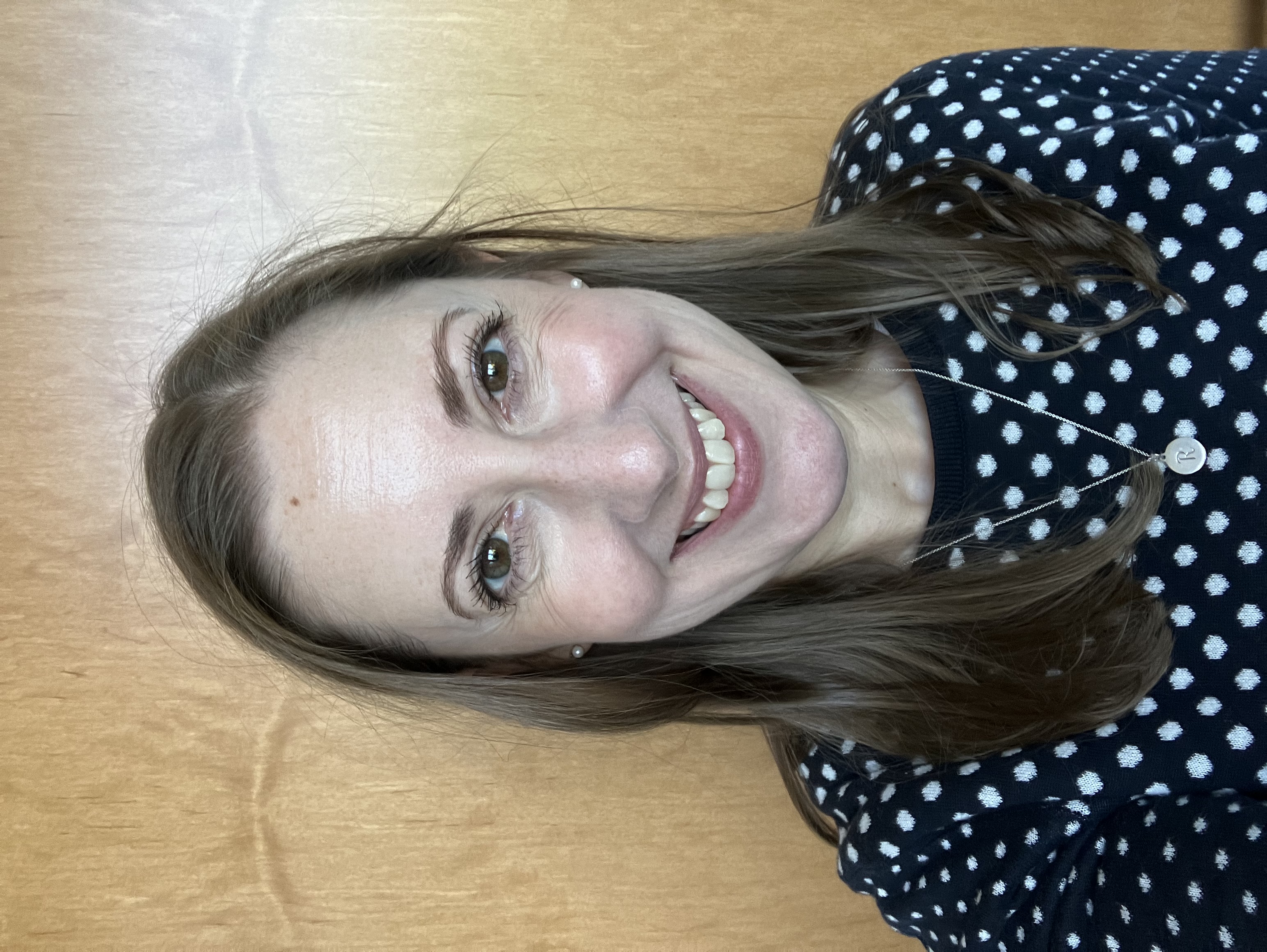
Contact Information
Name: Robin Altman
Title: Associate Professor
Office Location: Tschannen Science Complex 3009
Email: altman@csus.edu
Office Phone: 916.278.2138
Mailing Address: 6000 J Street, Sacramento, CA 95819
Office Hours: NA
Courses Taught
- Biology 131: Systemic Physiology
- Biology 187: Advanced Cell Biology
Research Projects/Interests
As people age, sometimes their ability to think and function properly starts to decline; the brain begins to degenerate and the individual’s cognitive abilities become impaired. This process is called neurodegeneration. It is not a normal part of aging, and we are very interested in trying to understand how and why neurodegeneration occurs and people lose cognitive function as they age. Neurodegenerative diseases, such as Alzheimer’s disease and vascular cognitive impairment, represent a huge health burden and are a leading cause of death and disability in the United States. It is thought these diseases include a significant inflammatory component, and epidemiological studies have demonstrated links between the typical Western dietary pattern (containing high quantities of sugar and fat) and chronic inflammation. Whether and how the inflammation that occurs in Alzheimer's and vascular cognitive impairment stems from our daily dietary habits presents an interesting question to investigate. We are particularly keen on investigating the mechanisms of diet-induced inflammation in brain blood vessels and how these processes may contribute to age-related neurodegenerative disorders. Blood vessels of the brain form an intriguing structure called the blood-brain barrier, which consists of endothelial cells, glial cells, and pericytes. This collaboration of cells tightly controls the brain’s environment, and thus is intimately involved in the health and proper functioning of the neurons in the brain.
We use human cell culture models to investigate the cellular pathophysiology underlying Alzheimer's and vascular cognitive impairment. We use molecular biology, biochemical, and imaging techniques to investigate the cellular responses to dietary insult in an effort to understand how the physiology of the cells is altered in the presence of different nutrients. We strive to explore how constituent cells of the blood-brain barrier communicate with each other, and in turn, communicate with neurons of the brain (or negatively alter the brain environment.) Student research interns in the lab will learn basic mammalian cell culture techniques, and will also learn molecular biology, immunocytochemistry, or biochemistry techniques in accordance with the current project aims of the lab.
Other Professional Interests
One of the most important attributes employers and graduate/professional programs look for when evaluating candidates is the ability to work well in a team. Opportunities to develop the collaborative and leadership skills necessary to achieve successful teamwork form a crucial part of the academic experience. Sacramento State hosts the Hornet Leadership Program (HLP,) which offers multiple opportunities for Science, Technology, Engineering, and Mathematics (STEM) students to explore their leadership capacity and develop leadership skills. Check out the ways to get involved with HLP here!
Selected Publications
Hilt S, Altman R, Kalai T, Maezawa I, Gong Q, Wachsmann-Hogiu S, Jin L-W, Voss JC. A Bifunctional Anti-Amyloid Blocks Oxidative Stress and the Accumulation of Intraneuronal Amyloid-Beta. Molecules. 2018 Aug 12;23(8).
Aung HH, Altman R, Nyunt T, Kim J, Nuthikattu S, Budamagunta M, Voss JC, Wilson D, Rutledge JC, Villablanca AC. Induction of Lipotoxic Brain Microvascular Injury is Mediated by Activating Transcription Factor 3-Dependent Inflammatory and Oxidative Stress Pathways. Journal of Lipid Research. 2016 Apr 17.
Altman R1, Ly S1, Hilt S, Petrlova J, Maezawa I, Kálai T, Hideg K, Jin LW, Laurence TA, Voss JC. Protective spin-labeled fluorenes maintain amyloid beta peptide in small oligomers and limit transitions in secondary structure. Biochimica et Biophysica Acta (BBA) – Proteins and Proteomics. 2015 Dec;1854(12):1860-70.
(1 Author contributions: R. Altman and S. Ly contributed equally to this work)
Altman R, Nunez de Ybarra J, Villablanca AC. Community-based cardiovascular disease prevention to reduce cardiometabolic risk in Latina women: a pilot program. Journal of Women’s Health. 2014 Feb 19.